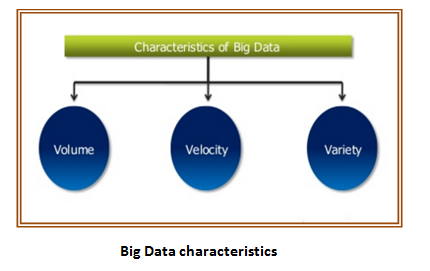With rapid advancements in technology, businesses are redefining their approach to IT resources. Cloud computing, now just over a decade old, has revolutionized industries by enabling platforms like Florida online casinos to deliver seamless, high-speed gaming experiences to users. To fully harness this technology, organizations must carefully research and select cloud solutions tailored to their specific workloads. This ensures benefits like reduced capital costs, enhanced scalability, and reliable data backup, making cloud computing indispensable for modern enterprises, including those in the dynamic online gaming sector.
In this article, we have listed the top 6 ways in which businesses can make use of Cloud Technology:
Virtualisation (Infrastructure-as-a-Service): Being cost-effective and scalable, it is one of the most attractive solutions for any enterprise. IaaS helps in reducing the investment on Physical hardware thereby reducing the IT and capital costs.
Application Development and Testing (Platform-as-a-Service): Constantly acquiring and installing new hardware and software becomes an expensive affair for any enterprise. Thus, using a Cloud environment to develop applications proves to be a more practical choice. Developers can simply log-in to their Cloud platform and can access the tools required to create applications.
Read more

